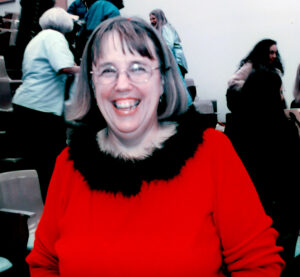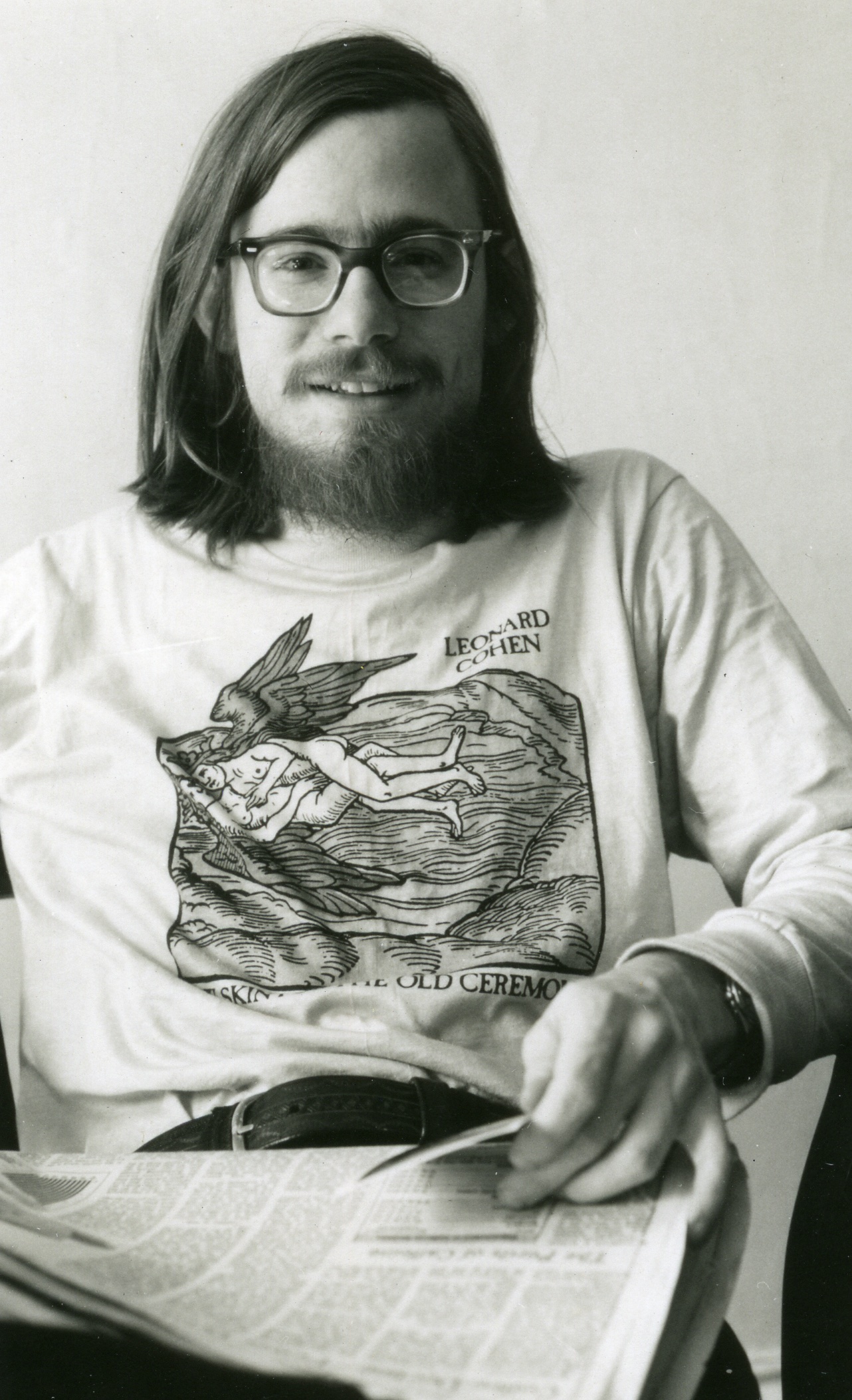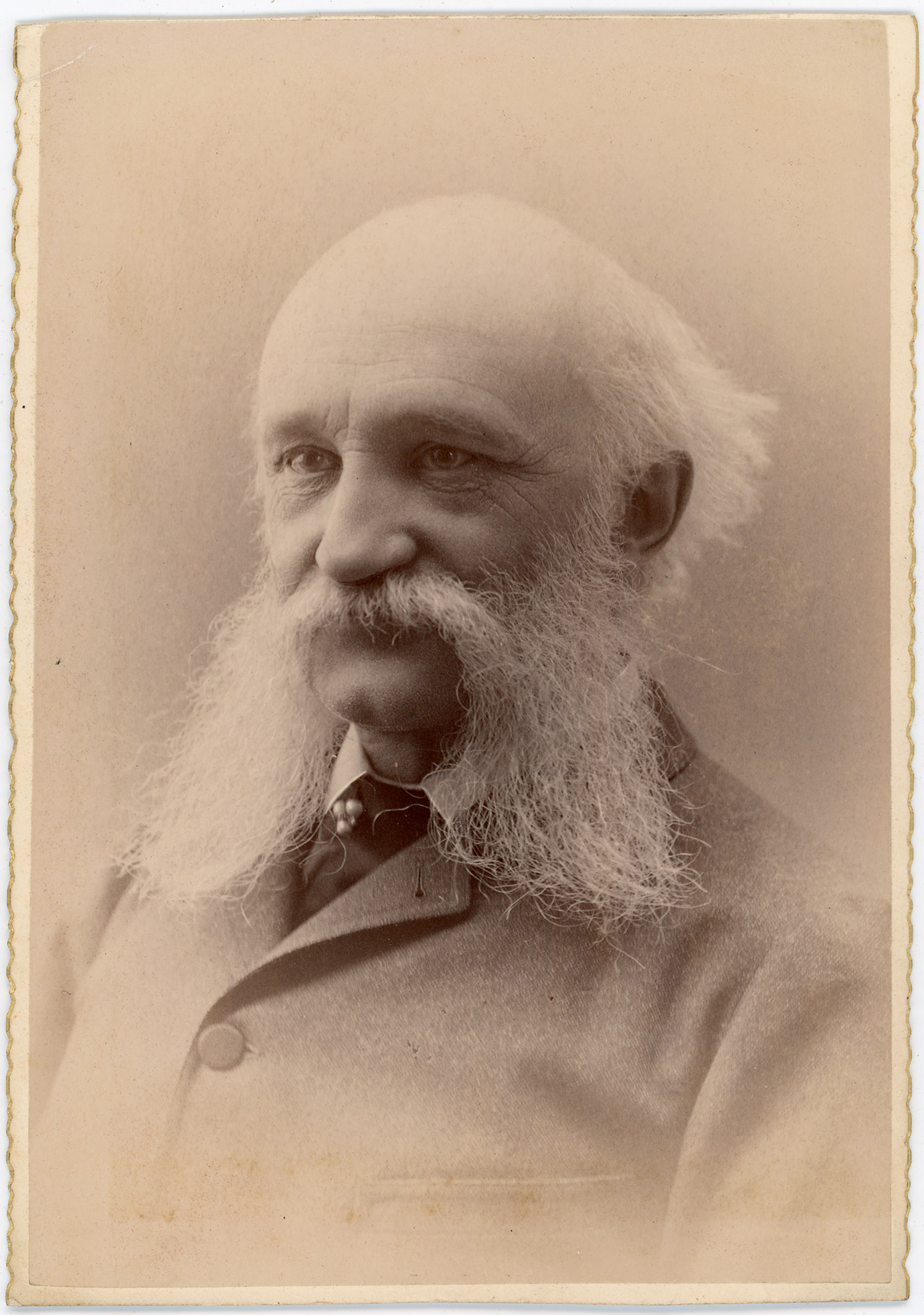Gray Williams Photograph Collection
ca.1988-2000
3 boxes 1.5 linear feet
Call no.: PH 027
The editor, writer, and photographer Gray Williams was born in New York City in 1932, and spent most of his life in Chappaqua (Westchester County), N.Y. A 1954 graduate of Yale, Williams worked in the publishing industry for many years, including for the Metropolitan Museum of Art and the Museum of Modern Art, and since 1988, he has been a freelance writer, editor, and photographer. Long dedicated to history and historical preservation, he has served as New Castle Town Historian, chair of the New Castle Landmarks Advisory Committee, trustee of the Westchester County Historical Society, and as a member of the Property Council at the National Trust property Lyndhurst. He is the author of Picturing Our Past: National Register Sites in Westchester County (Westchester County Historical Society, 2003). A specialist in the early stone carvers of New York and Connecticut, as well as the use of grave monuments to illuminate and enrich the study of American history, art, and culture, Williams is a former trustee of the Association for Gravestone Studies and has contributed articles to its annual journal, Markers, and its Quarterly. In 2007, he was awarded the Association’s Harriette Merrifield Forbes Award for contributions to scholarship and preservation in the field.
The photographs and research materials he has contributed to the Association for Gravestone Studies are largely devoted to the subjects of three articles in the AAGS journal, Markers: “‘Md. by Thomas Gold’: The Gravestones of a New Haven Carver,” in collaboration with Meredith M. Williams, Markers V (1988); “Solomon Brewer: A Connecticut Valley Yankee in Westchester County,” Markers XI (1994); “By Their Characters You Shall Know Them: Using Styles of Lettering to Identify Gravestone Carvers,” Markers XVII (2000). The collection also includes photographs taken during AGS conferences, principally in New England, as well as a small group taken in Natchez Cemetery in Mississippi.
Subjects
Sepulchral monuments--New YorkStone carving--New YorkContributors
Association for Gravestone StudiesWilliams, GrayTypes of material
Photographs




